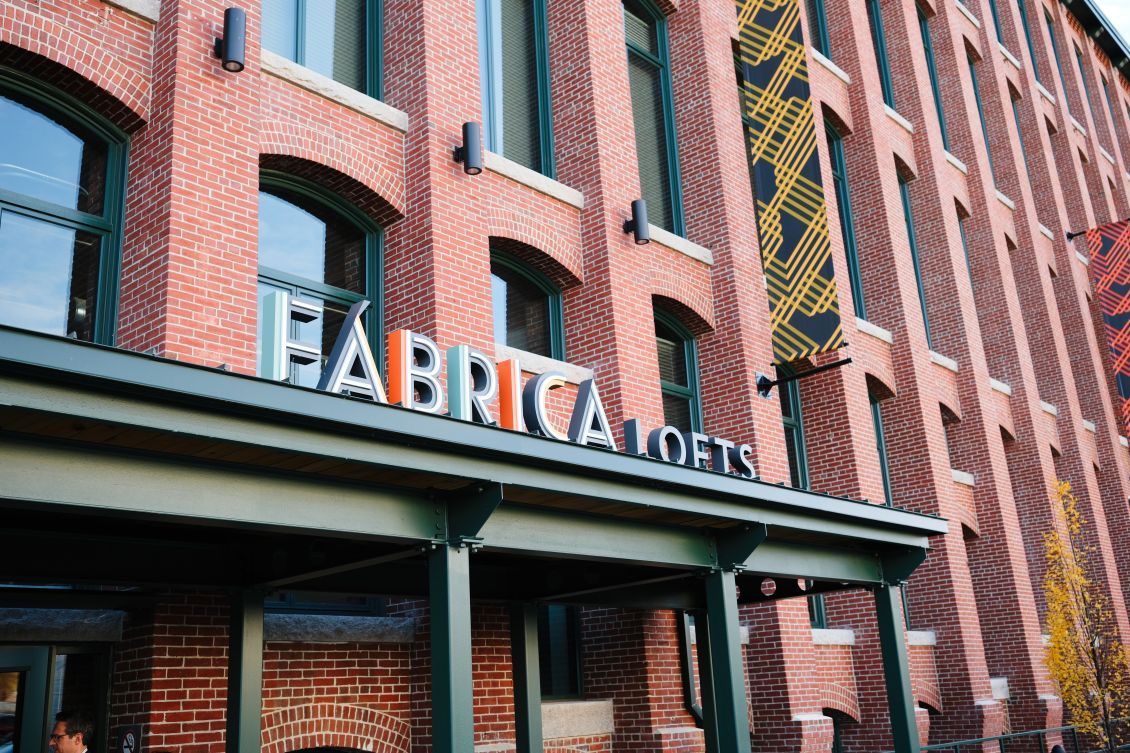Back in 2022, Shannon Abdallah watched helplessly as black mold spread across the walls of her room. The old house she shared with others needed serious renovations – heat escaped from windows that didn’t quite seal, and bats occasionally found their way into the heating system. None of it was good for her asthma, she thought.
But at 28, her salary as a paraprofessional working with kids with special needs left her with few options. Ends refused to meet every month, and her thoughts of going back to college seemed like a pipe dream.
That’s when a friend told her about a new housing development called Fábrica Lofts, being built in the old industrial heart of Lawrence, Massachusetts. She applied through a lottery and forgot about it.
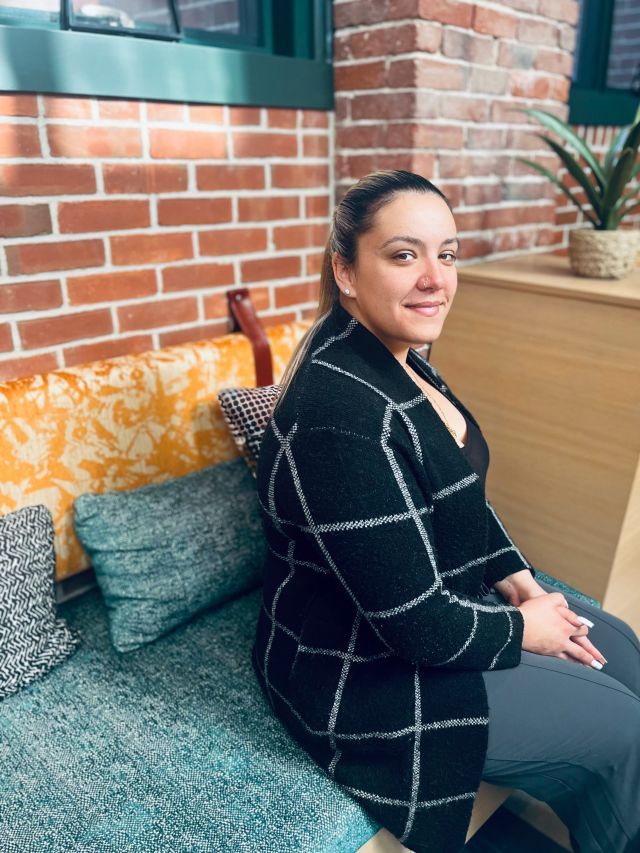
A year later, Abdallah received an unexpected call. Soon after, she was signing the papers for a one-bedroom apartment. When she moved in last November, she told herself, “This is where my fresh start starts.”
Officially opened in the fall of 2023, Fábrica Lofts was developed by Trinity Financial, a Boston-based development firm founded in 1987 “with a commitment to people, place, and partners.” Fábrica – Spanish for factory – is the second industrial building Trinity has rehabilitated in Lawrence.
“We love these old buildings,” said Dan Drazen, a vice president of development at Trinity Financial. “They have a lot of character and remarkable architectural details. Through adaptive reuse, we can save pieces of history while addressing critical needs, like affordable housing.
"Transforming underutilized, often environmentally challenged, properties like this not only revitalizes the community, it also helps tackle the housing crisis by providing modern, sustainable homes for people who need them.”
A Long Tradition of Caring for Community
Built in 1896, the red-brick hulk, lined with high, arched windows, was part of the Arlington Mills complex. At its peak in the 1930s, the textile powerhouse employed 7,500 people and produced 200 miles of cloth every week. The complex was later purchased by Malden Mills, the company that developed Polartec, the revolutionary synthetic fleece. The mill kept producing until 2007 under the direction of Aaron Feuerstein, the legendary entrepreneur who, in 1995, refused to lay off 1,400 employees after a fire destroyed three buildings within the complex.
In its latest iteration, Fábrica carries on the tradition of supporting communities by addressing Lawrence’s housing needs. A Gateway City critical to Massachusetts’ economy, Lawrence faces challenges like low household incomes, an aging housing stock, and a 32% poverty rate, despite untapped assets, such as colleges and underutilized industrial spaces.
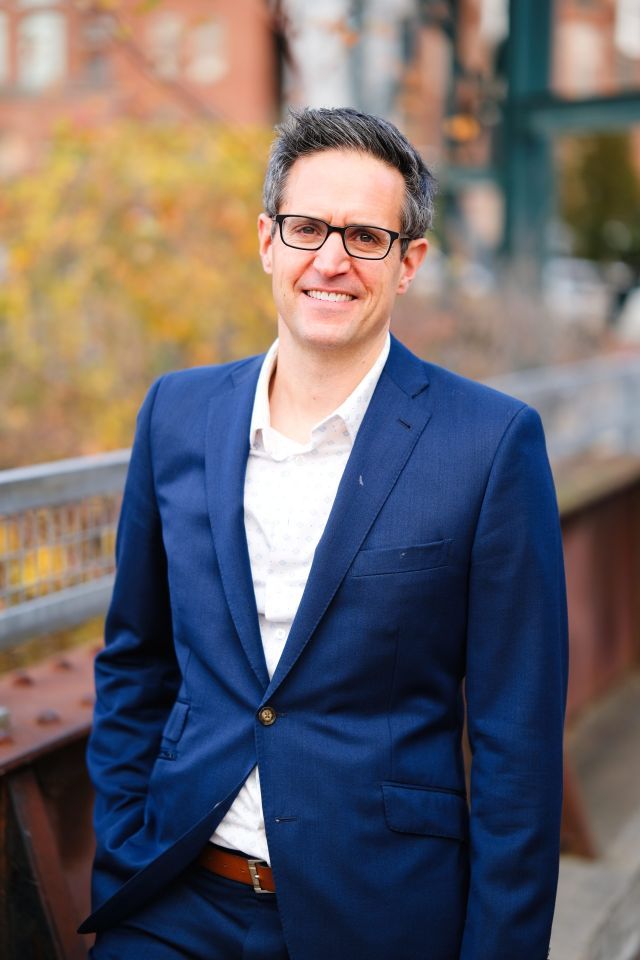
“In Lawrence, where much of the housing is old and hasn’t been kept up, it’s no surprise that Trinity received 1,000 applications for Fábrica’s 87 loft apartments,” said Drazen.
Like communities across Massachusetts, this multicultural city, located 25 miles north of Boston, has seen rent prices skyrocket due to the lack of housing supply. Virtually all the residents of Fábrica Lofts have experienced it.
“If you look around, a one-bedroom apartment is $1,800 or $2,000. A person with my salary can’t afford rent, a car, and all the necessities without drowning in stress,” said Abdallah.
Sustainable Living
Increasing the housing supply wasn’t the sole goal of Fábrica Lofts. “We wanted to set the bar higher in terms of sustainability,” says Bethany Moody, project manager at ICON Architecture, the architectural firm Trinity chose to lead the renovation, explaining the decision to pursue certification to Enterprise’s Green Communities standard.
Required or encouraged by 32 states nationwide, Green Communities is the only national green building certification designed for, and with, the affordable housing sector.
“Green Communities is founded on the idea that ‘even’ affordable housing can be designed and constructed to be green, efficient, and make a lasting good home,” said Enterprise Program Director Shelby O’Neill, adding: “We provide technical assistance, training and support throughout the certification journey.”
Even before the plans were drawn, all the stakeholders – developer, architect, city officials, and community members – contributed to the project’s goals as part of Green Communities’ integrative design requirements. “This was a holistic, community-led design effort that contributed to better homes,” said O’Neill.
ICON Architecture’s Moody agreed, emphasizing the value of collaboration: “Enterprise’s teams were extremely helpful. We worked hand-in-hand to reach the sustainability metrics we wanted to achieve.”
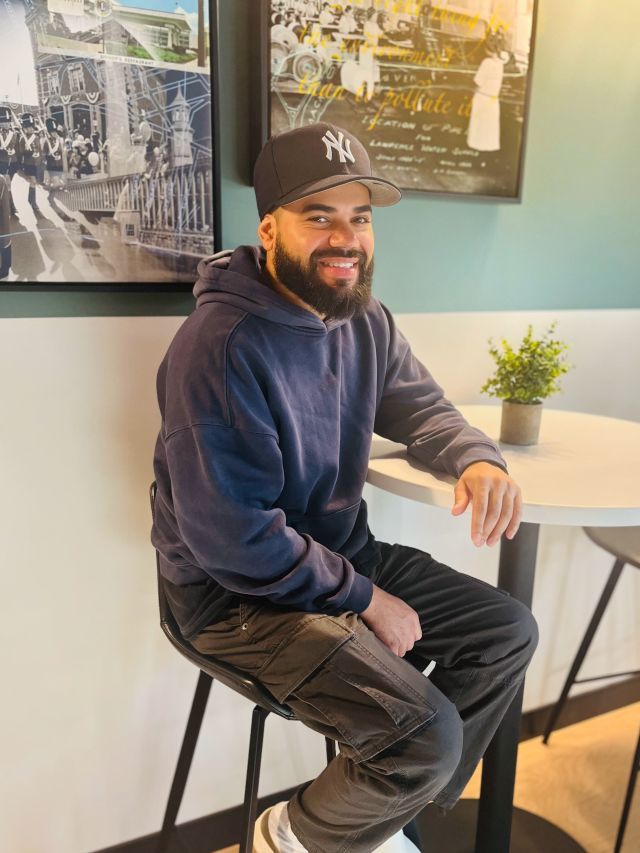
Fábrica incorporates LED lighting, energy-efficient windows, and Energy Star appliances, achieving a 25% reduction in water usage compared to the national baseline. The project also features a 125-kilowatt rooftop solar array, which helps offset its electrical grid demand.
Transforming a vacant mill into energy-efficient multifamily homes offered unique opportunities. “Striking the right balance between preserving the historical integrity of the building and achieving ambitious sustainability goals has been a rewarding challenge,” said Drazen.
Indeed, the project team faced difficulties meeting the air infiltration requirements while preserving the building’s red bricks and exposed structural elements. They turned to the Green Communities team and together found a solution. Comprehensive tests showed that Fábrica meets the necessary infiltration targets, ensuring optimal energy performance and thermal comfort for residents.
A Stunning Outcome
The result is a stunning building offering residents a variety of amenities: a gym, a game room, and laundry rooms on every floor. A community lounge provides residents with space to celebrate birthdays, baby showers, and other events with family and friends.
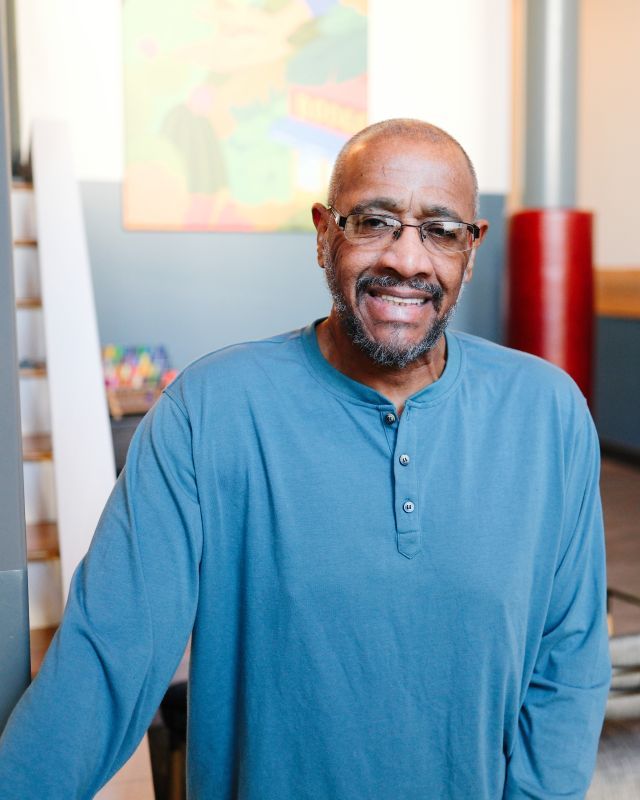
Additionally, Fábrica Lofts stands directly on the Lawrence bus line, which meets Green Communities’ requirements that homes in urban communities be located in a livable neighborhood with access to key resources. The bus service, free for riders, links residents to grocery stores, pharmacies, and the railway into Boston.
Fábrica Lofts has already enhanced quality of life for residents like Kelvin Quezada, a pharmacy assistant who previously lived in a one-bedroom apartment with his wife and two small children. Their two-bedroom home at Fábrica gave them much-needed space. “The kids have their own room. It blew their minds!” said Quezada. While his rent is slightly higher, the electricity savings help close the gap.
Quezada’s story demonstrates how the building’s energy efficiency is not just good for the environment; it also helps residents manage their finances and chart their future. “We plan to stay here for a bit,” Quezada said. “But it’s not that I want to live here forever. At one point I want a home of my own.”
“It’s the nicest apartment I‘ve ever had,” said Rodney Johnson, 64. Following a divorce and after his job in a call center was sent overseas, Johnson shared a house with roommates for seven years. “I have more freedom now. It made my life easier,” he said.
For Abdallah, moving to Fábrica Lofts has brought “a lot of relief.” She has even started taking college courses in psychology and criminal justice. When she’s not working or studying, she enjoys the building's amenities, especially the gym and the community lounge, and appreciates Fábrica’s smart decor, artwork, and historic photographs hanging on the walls.
“It’s beautiful,” she said, adding: “I won’t lie; it’s incredible that this is affordable housing.”
Sebastian Escalón is a journalist, audio producer, and science writer based in Massachusetts.
